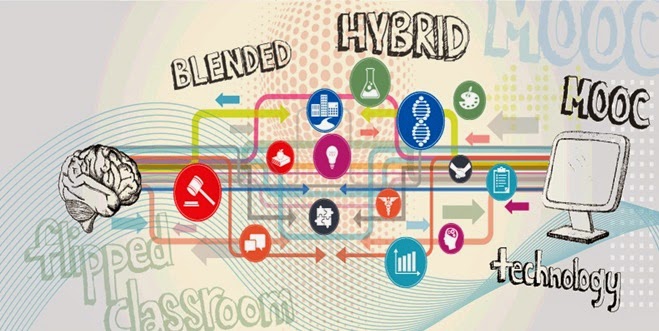Empowering Education: Critical Teaching for Social Change
Quotes:
"A curriculum that does not challenge the standard syllabus and and conditions in society informs students that knowledge and the world are fixed and are fine they way they are, with no role for students to play in transforming them, and no need for change."
I agree with this quote, because if students are not challenged, or are not allowed to try new things in the classroom then they get bored. If the curriculum doesn't make students become more curious about a subject, then it is not serving its purpose. Why should kids learn if they aren't allowed to think outside the box and try anything original? I feel that in elementary school children are more eager to learn, because the idea of learning is still fresh and new, but in high school the kids dread it because it feels just like another chore they have to do. It shouldn't be this way, but that is what education has come down to. If students were able to learn about areas in which they were interested in, rather than be forced to take certain classes, they might actually want to go to school.
"In a participatory class where authority is mutual, some of the positive affects which support student learning are cooperativeness, curiosity, humor, hope, responsibility, respect, attentiveness, openness and concern about society."
In an ideal world, every classroom would have all of these things going on, to encourage the students to learn. It is sad that most classrooms are not positive, and participatory and the students are not reaching their full potential because of this. I would hope that classrooms at least start out with these effects happening, because they could create a great learning environment. If the students are put into an environment in which they are afraid to participate, then respect, curiosity and openness can never be achieved. A participatory classroom, is one that gives the students a voice in their education, and that is something that not many classrooms allow.
"The syllabus was built upward, from student responses, instead of downward from my comments. This political change of direction in the making of the democratic curriculum is the way to authorize students as co-developers of their education.
 If the students are taking an active role in their education, then they are more likely to be interested in learning. It is important that they have a say, and the education is becoming more "democratic" in this way. That is they way that it should be, because there should be a balance between what the teacher has to say, and what the students have to say. The level of respect in this situation was great, and that allowed the curriculum to form in a more beneficial way for the students to learn more about the topic of journalism.
If the students are taking an active role in their education, then they are more likely to be interested in learning. It is important that they have a say, and the education is becoming more "democratic" in this way. That is they way that it should be, because there should be a balance between what the teacher has to say, and what the students have to say. The level of respect in this situation was great, and that allowed the curriculum to form in a more beneficial way for the students to learn more about the topic of journalism.
Question: Why is it that all of these values; participatory, affective, problem-solving, situated, multicultural etc. are not being stressed enough as ideal models for classrooms? Is it that it takes too much time for these values to be incorporated, or is it that the education system doesn't acknowledge that these values could help students and classrooms to be active in social change?
The link is about a concept called flipped classrooms, which takes technology and uses it to teach in a more effective way. It is similar to the way our class is run with the readings and videos online being discussed in class.

















